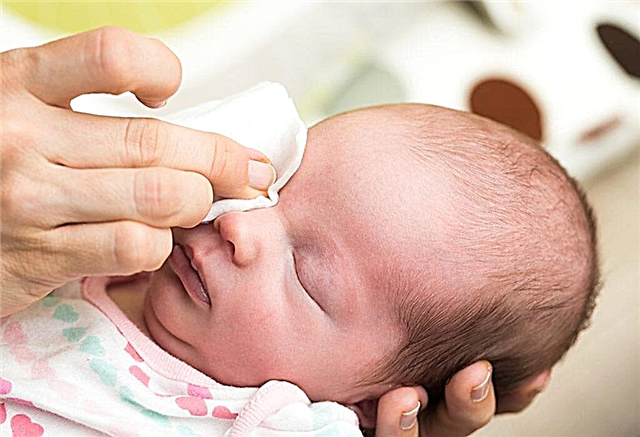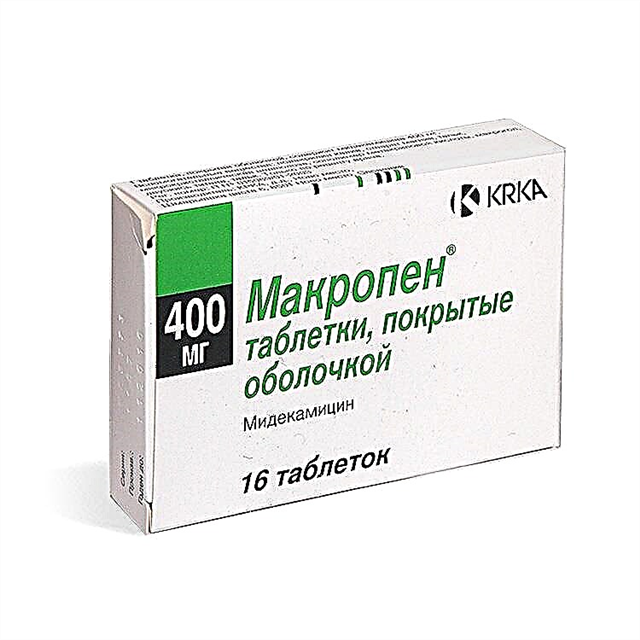Young mothers who are breastfeeding, in case of seasonal viral infections or with a strong cough, are looking for ways to effectively and quickly treat. They are wary of medicines that can be passed on to a baby through breast milk. Therefore, treatment should not only not harm the lactation process, but also be guaranteed safe for the baby. Mucaltin is an old proven cough suppressant. Considering that it is not recommended for use by children under one year old, I wonder if it is possible to be treated with mucaltin while breastfeeding and what other methods exist for treating colds and coughs in nursing mothers.

Mukaltin is recommended for productive cough with viscous sputum accompanying inflammatory diseases of the respiratory tract in acute or chronic form.
Can mucaltin be used during lactation?
Therapists and pediatricians consider the use of mucaltin during hepatitis B safe and justified. It has a homeopathic herbal composition, has remarkable expectorant, anti-inflammatory, enveloping and emollient properties. It effectively and quickly treats coughs without deteriorating the composition and taste of breast milk and without harming the health of the baby.
But still, despite the safety of the drug when breastfeeding, you should not make an independent decision about taking it. It is imperative to consult with your doctor.
Mucalitin composition
To determine the effect of any drug on lactation, you need to familiarize yourself with its composition.
The active active ingredient of mukaltin is the polysaccharides of the medicinal plant marshmallow, which has a powerful effect on the bronchial membrane. Althea officinalis is one of the most popular cough suppressants. The plant mucus contained in its root helps to effectively relieve inflammation and irritation in the bronchi. It liquefies viscous phlegm, changes the properties of the mucous membrane of the respiratory tract, softening it, improves secretion and accelerates the process of excretion of phlegm.
In addition to marshmallow polysaccharides, the preparation contains an equally important component - sodium bicarbonate. It has an excellent antitussive, secretolytic plus expectorant effect.
Mukaltin is prescribed for the treatment of acute and chronic respiratory diseases (bronchitis, laryngitis, tracheitis, pneumonia), which are complicated by dry cough.
How to use
It is better not to swallow mucaltin tablets, but to dissolve slowly. They are not nasty or bitter and cannot spoil the taste of breast milk. They have a pleasant taste with a slight citrus acidity.
Also, the medicine can not be absorbed, but simply dissolved in a glass of warm milk or plain water.
The number of tablets and the frequency of administration per day will be prescribed by the attending physician. As a rule, mukaltin is prescribed in the amount of one or two tablets one time before meals 3-4 times a day, at regular intervals.
A nursing mother will be able to completely get rid of cough in 4-5 days of regular intake of mukaltin. If after this period the desired effect does not occur, then you should stop taking it. In the body of a young mother, a habit can develop and the medicine will become useless. In this case, it is recommended that you always contact your doctor to change therapy.
Contraindications and side effects
Mukaltin is contraindicated in diabetes mellitus, gastritis, stomach ulcers, allergies to drug components. It is not prescribed for children under one year old.
In rare cases, mothers may feel nausea, heaviness in the stomach or an allergic reaction after taking it. It is necessary to carefully monitor your condition and the behavior of the child when you first take mucaltin. If you do not have an individual intolerance to its components and an hour after administration there are no signs of allergy, then you can safely treat a cough with mucaltin.
Helpful Tips for a Fast Recovery
It is possible to eliminate the symptoms of a cough not only with the help of medicines, but also by helping your body fight the infection. It is recommended to ventilate the room every hour for an average of 10-15 minutes, while leaving the room with the child. It is advisable to maintain an air temperature of up to 22 ° C and a humidity of 50-70% in the nursery, which is optimal for a nursing mother and baby.
Drinking plenty of fluids and gargling are important for a quick recovery. You can drink berry fruit drinks, rosehip broth, teas with raspberries, lemon or milk. Drinking temperature should correspond to body temperature. It is recommended to be careful with honey while breastfeeding, as many babies react to it with allergic rashes. For some children, raspberries and lemon can also have undesirable effects in the form of allergies. Therefore, carefully monitor the baby and his reaction.
To treat the throat of a nursing mother, you can try drinking hot milk with a teaspoon of false butter and a pinch of baking soda before bed. At night, it is advisable to wrap a warm woolen scarf around your throat.
You can gargle with a solution of salt with soda, herbal infusions of chamomile, sage or calendula, or a solution of furacilin. To prepare a solution for rinsing, 1 tablet of furacilin is crushed and dissolved in a glass of warm boiled water and used 2-3 times a day. To prepare a soda-salt solution to gargle a sore throat, dissolve a teaspoon of salt and half a teaspoon of baking soda in a glass of warm water. Gargle your sore throat every hour. This will help disinfect and heal irritated mucous membranes and relieve swelling.
[sc: rsa]
If the mother does not want to take absolutely any cough medicine during the hepatitis B period, then her salvation can be simple inhalations with ordinary saline. They have beneficial effects on the respiratory tract and are particularly effective in treating wet coughs.
A cough can be treated not only internally but externally with warming ointments. Mothers who are breastfeeding are recommended ointments "Doctor Mom" or "Vicks Active". When rubbing your throat, be careful not to get the medicine on the chest area.
Folk remedies
Their main advantage lies in naturalness and harmlessness for both mother and baby.
The main products used to treat coughs in folk medicine are milk, honey, lemon, onions. If mom and baby are not allergic, you can try the following recipes:
- Milk in which figs are boiled helps to treat a hoarse cough. Boil finely chopped fresh figs in a glass of milk. Bring the mixture to homogeneity with a blender and take a glass 2-3 times a day.
- For dry coughs, try the milk in which onions are boiled. Cut 1 large onion into rings and cover with milk (half a liter). Bring to a boil and cook for 10-15 minutes until the onions are soft. Then cool the milk and strain. Store the resulting medication in the refrigerator. Take a tablespoon warm every hour.
- You can try the black radish recipe. Make a depression in it, pour honey and leave it warm. After a while, mix the juice with honey. The mixture is great for fighting coughs. It is better to take a teaspoon 4 times a day.
- A strong cough can be cured with an infusion of plantain leaves. Pour boiling water over 4 tablespoons of the leaves (half a liter). Wrap up and insist for an hour. Strain and drink 3-4 times a day, 2 tablespoons.
- With a debilitating cough and a sore throat, ripe bananas are great help. Grind the pulp of a ripe banana in a blender and mix with a glass of hot milk. Bring the mixture to a boil, cool and stir. Take three times a day. Prepare a new medicine each time.
- You can try aromatherapy using lavender, grapefruit, lemon or cinnamon oils for the treatment.
Therapists and pediatricians advise timely treatment and not start the disease. The state of health of the baby and its development directly depends on a reasonable and careful attitude to one's health.



